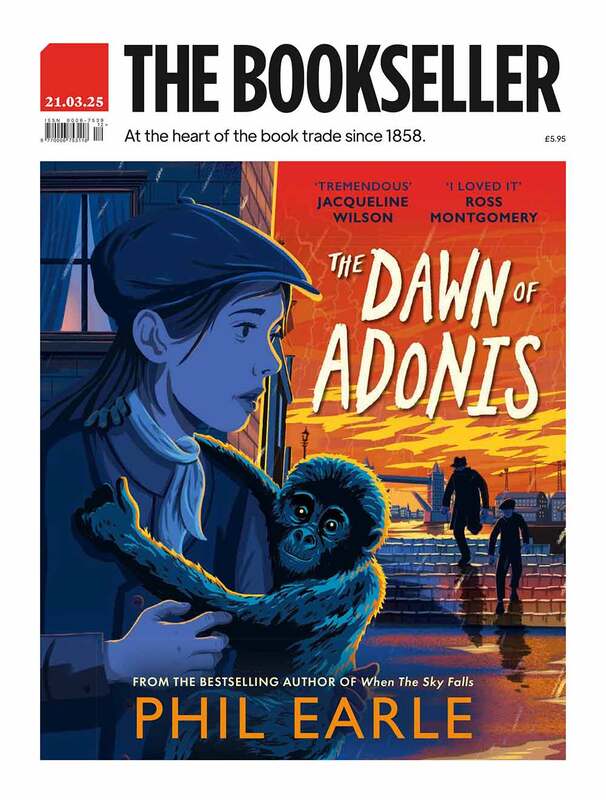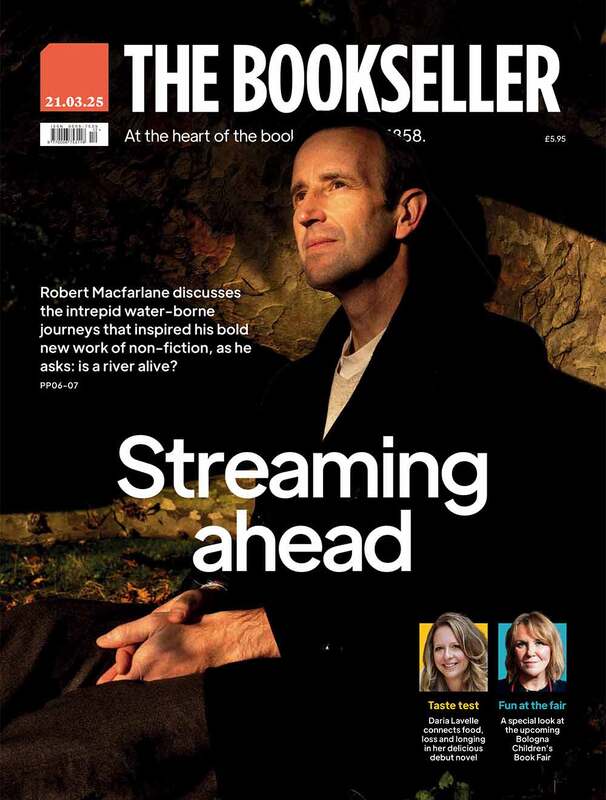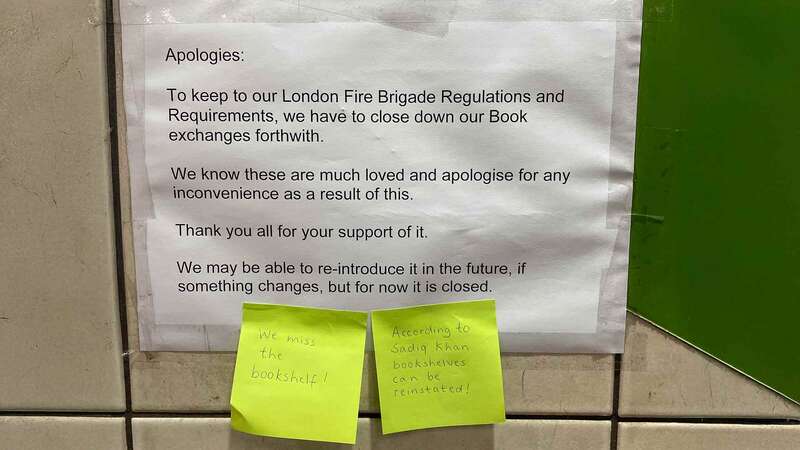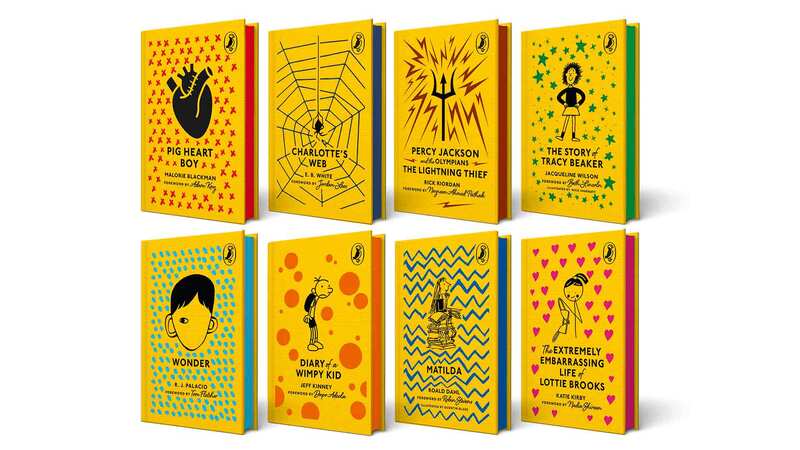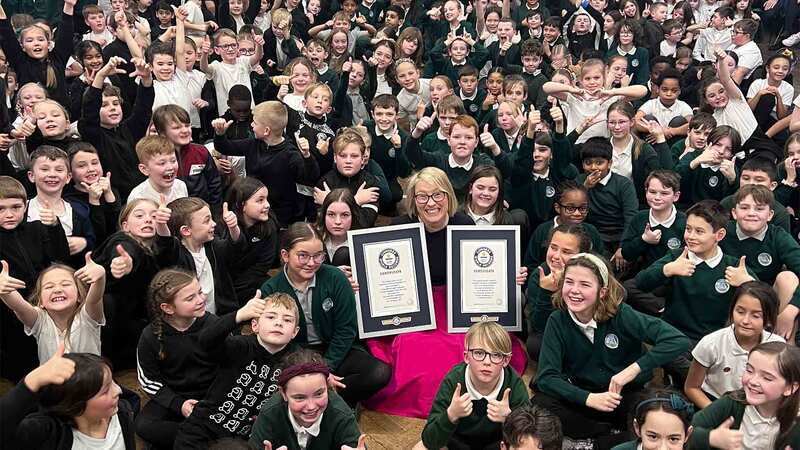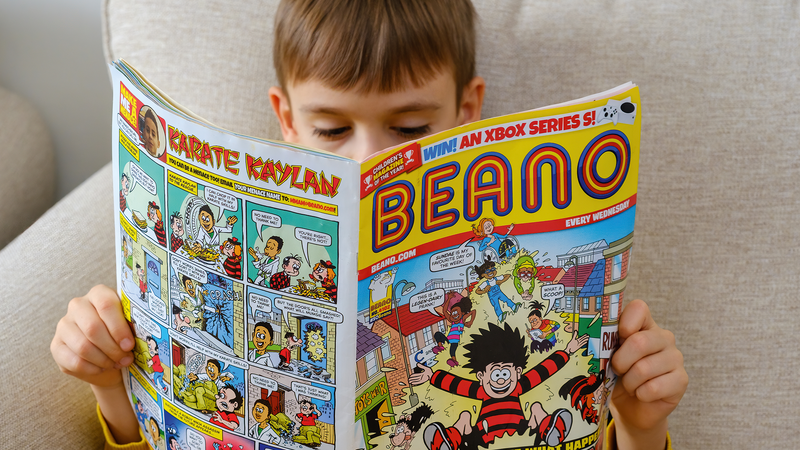You are viewing your 1 free article this month. Login to read more articles.
2000 AD to revive children's comics from the '70s and '80s
Lost classic children’s British comics from the 1970s and ’80s are to be brought back to life by 2000 AD, following its acquisition of the Fleetway and IPC Youth group archive from Egmont UK last year.
Ben Smith, head of books and comic books at Rebellion Publishing, which owns 2000 AD, described it as a chance to restore “a vital but largely overlooked piece of British cultural history”.
The first release in the Treasury of British Comics line will be One-Eyed Jack, a strip that is “part Dirty Harry, part Judge Dredd” created by John Wagner and John Cooper and first published in 1975, out in June. This will be followed by Mike Western and Eric Bradbury’s The Leopard from Lime Street—Book 1 in July, which was originally published in 1976 and is described as “the British Spiderman”. In September, a Watership Down-style tale of a lone fox up against wicked humans, Marney the Fox, introduced by writer M Scott Goodall and illustrator John Stokes in 1974, will be reprinted. Rounding up the launch list will be a reprint of the second volume of horror comic for girls that was originally published from 1978 to 1980, Misty—Book 2 in November, featuring two stories: “The Sentinels” and “End of the Line”, and “the humorous adventures of Ricky Rubberneck”, first seen in 1971, in Faceache by “one of the all-too-forgotten greats of British comics”, Ken Reid, in December.
Faceache will be published in hardback, while all the others will be published in trade paperback. All of the titles will be distributed through Simon & Schuster. Going forward, the publisher plans to release at least one title from the list a month.
Smith said: “The wealth of story and art from past decades is woefully unexplored and our experience was that, if curated in the right way, this material has a large mainstream audience.” He also noted the resurging popularity of titles derived from material that was created for post-war generations, saying: “Books which arise from shared cultural history are a huge opportunity for publishing and titles that figure in childhood are an evergreen resource for this industry.”
When deciding which titles to reprint, the publisher balanced material “of exceptional quality” with “stories that readers have begun clamouring for as lost classics and little-known gems”. For the reprographic work involved in producing the reprints, most pages had to be sourced from the original printed comics. Rebellion’s reprographics team worked on the list with an expanded head count to take on the extra workload, as well as using the programming talent of the computer game developer/publisher arm of the company, which created bespoke software for the reprographic process.
While 2000 AD is this year celebrating its 40th anniversary as one of the UK’s leading graphic novel publishers, Smith said the Treasury of British Comics list “represents the expansion of that success into broader categories”.

